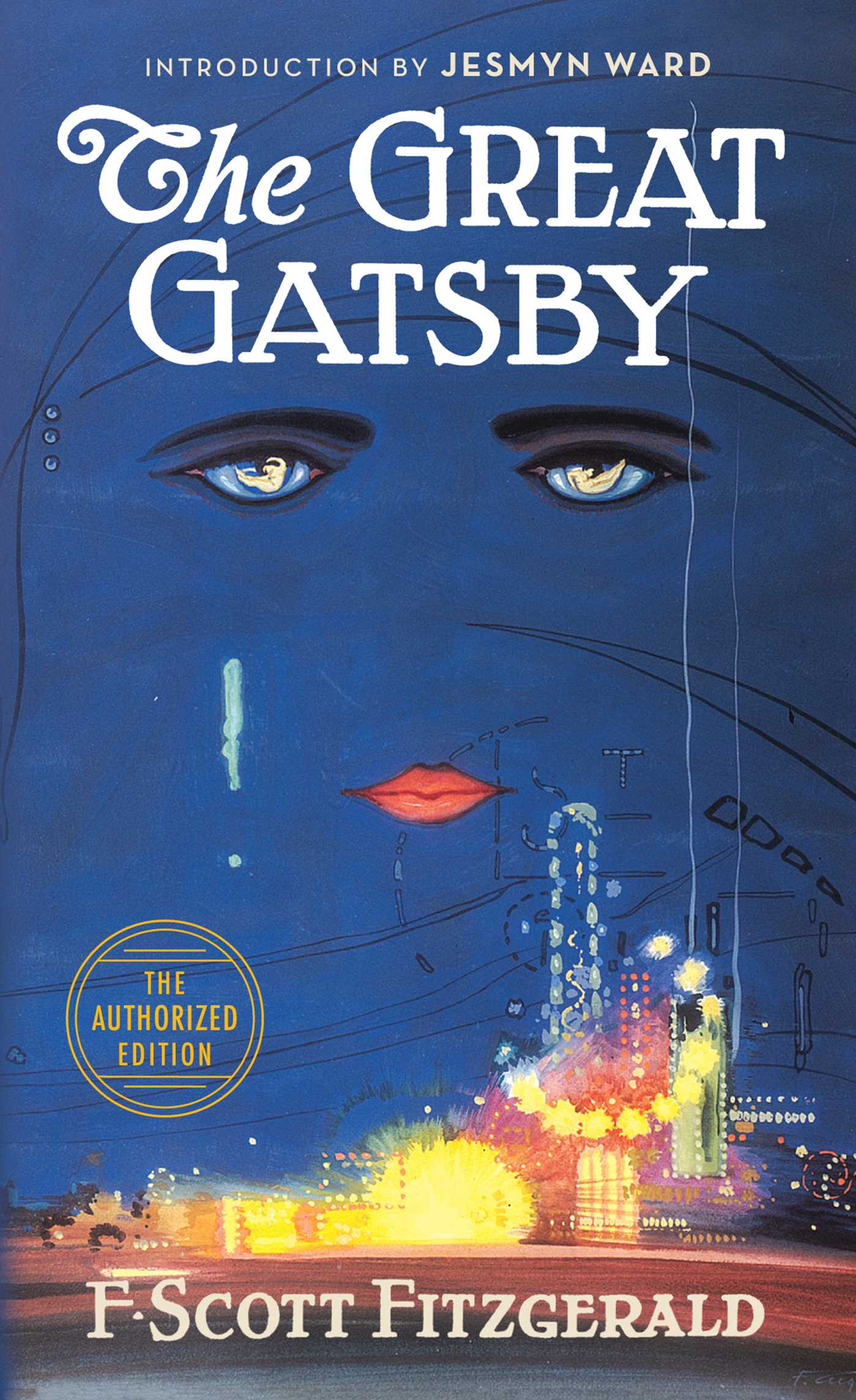
F. Scott Fitzgerald is a name that holds significant weight in the literary world, evoking recognition and admiration from anyone who has ever engaged with literature. Renowned for his **masterful storytelling** and **deeply resonant themes**, Fitzgerald’s works have an enduring appeal that continues to enchant readers across the globe. But who exactly was this remarkable literary figure, and what elements contributed to the profound impact of his writing? To truly appreciate Fitzgerald’s contributions to literature, it is essential to delve into his intriguing life story, examining the experiences and influences that shaped his work. By exploring his background, the societal contexts in which he wrote, and the timeless relevance of his themes, we can gain a deeper understanding of Fitzgerald’s enduring legacy and the reasons why his novels and stories remain significant in contemporary discussions of literature and culture.
Early Life: The Making of a Literary Icon

Born to Create
Francis Scott Key Fitzgerald, a prominent figure in American literature, was born on **September 24, 1896**, in the vibrant city of **St. Paul, Minnesota**. His early life was characterized by a unique blend of privilege and hardship. His father struggled to find success in the business world, while his mother was fiercely determined to support and provide for their family. This contrasting backdrop of wealth and struggle would profoundly shape Fitzgerald’s literary voice, as he frequently delved into the complexities of **wealth**, **class**, and the American Dream in his works, reflecting the societal tensions of his time.
Education and Early Influences
Fitzgerald’s educational journey began at **St. Paul Academy**, where he first discovered his passion for writing. He later attended **Princeton University**, a period that proved to be crucial for his development as a writer. At Princeton, Fitzgerald immersed himself in the vibrant literary community, participating in various writing clubs and publications. However, his academic experience was not without its challenges; he struggled to maintain his grades and ultimately left the university to serve in the army during **World War I**. This decision marked a significant turning point in his life, as the experiences he encountered during the war would later inform his writing and thematic explorations.
The Jazz Age: A New Era of Writing

Capturing the Spirit of the 1920s
The 1920s, a decade often celebrated as the **Jazz Age**, marked a period of profound transformation in American society. This era was characterized by a vibrant cultural shift, where traditional values were challenged and new forms of expression emerged. F. Scott Fitzgerald’s literary works serve as a remarkable reflection of this dynamic time, encapsulating the **glamour**, **excess**, and ultimately the **disillusionment** that defined the decade. His most renowned novel, **The Great Gatsby**, stands out as a quintessential representation of the 1920s, offering readers a glimpse into the complexities of this fascinating period.
The Great Gatsby: A Masterpiece
First published in **1925**, **The Great Gatsby** narrates the poignant story of Jay Gatsby, a character who epitomizes the elusive **American Dream**. Through Gatsby’s relentless quest for wealth and the love of Daisy Buchanan, Fitzgerald provides a critical examination of the rampant **materialism** and **moral decay** that permeated society during this time. The novel delves deep into themes of aspiration, hope, and the inevitable disappointment that often accompanies the pursuit of one’s dreams. Its exploration of these timeless concepts continues to resonate with readers across generations, making it a lasting masterpiece that captures the essence of the 1920s and its enduring impact on American culture.
Personal Life: Love and Turmoil

Marriage to Zelda Sayre
On **April 3, 1920**, F. Scott Fitzgerald entered into a marriage with the spirited and captivating **Zelda Sayre**. Their union was characterized by a fervent passion that often bordered on chaos, as they navigated the highs and lows of their relationship. The couple became emblematic of the Jazz Age, frequently engaging in extravagant parties and social gatherings that defined the era. However, beneath the glitz and glamour lay a tumultuous partnership, fraught with excessive drinking and frequent arguments. Their dynamic was both intoxicating and destructive, reflecting the complexities of love and ambition during a time of cultural upheaval.
Struggles with Alcoholism
Despite the allure of their glamorous lifestyle, Fitzgerald faced significant challenges due to his struggle with **alcoholism**. This addiction not only impacted his personal relationships but also cast a shadow over his professional endeavors. As he grappled with the effects of his drinking, these struggles began to manifest in his literary work, infusing his characters and narratives with a profound depth and complexity. The themes of excess, despair, and the search for meaning became increasingly prevalent in his writing, revealing the darker side of the Jazz Age and the personal demons he fought against throughout his life.
Major Works and Themes

Exploring the American Dream
Fitzgerald’s works often revolve around the **American Dream** and its inherent contradictions. He delves into the **hope** and **disillusionment** that accompany the pursuit of success, making his stories relatable to readers from all walks of life.
Other Notable Works
| Title | Publication Year | Key Themes |
|---|---|---|
| This Side of Paradise | 1920 | Youth, Love, and Disillusionment |
| The Beautiful and Damned | 1922 | Wealth, Decay, and Relationships |
| Tender Is the Night | 1934 | Psychological Struggles, Love, and Betrayal |
| The Last Tycoon | 1941 (posthumously) | Hollywood, Ambition, and the American Dream |
The Decline: A Life of Turmoil

Challenges in the 1930s
The 1930s were a difficult decade for Fitzgerald. His marriage to Zelda deteriorated, and her mental health issues compounded his struggles. He faced financial difficulties and professional setbacks, leading to a decline in his writing career.
Hollywood and New Beginnings
In the late 1930s, Fitzgerald moved to **Hollywood** to work as a screenwriter. While this provided him with some financial stability, it was not the creative outlet he desired. He continued to grapple with his demons, but he also found new inspiration for his writing.
Legacy: The Enduring Impact of Fitzgerald

A Lasting Influence on Literature
F. Scott Fitzgerald passed away on **December 21, 1940**, at the young age of 44. Despite his struggles, his works have left an indelible mark on American literature. He is often regarded as one of the greatest American novelists, and his exploration of the **American Dream** remains relevant today.
Modern Adaptations and Continued Relevance
Fitzgerald’s works have been adapted into numerous films, plays, and other media, showcasing their timeless appeal. The themes he explored—**love**, **loss**, **ambition**, and **disillusionment**—continue to resonate with audiences, making his stories as impactful now as they were in the 1920s.

F. Scott Fitzgerald’s life was a tapestry of **brilliance**, **struggle**, and **heartbreak**. His ability to capture the essence of the **Jazz Age** and the complexities of the **American Dream** has solidified his place in literary history. As we reflect on his life and works, we are reminded of the beauty and tragedy that often accompany the pursuit of our dreams. So, the next time you pick up a Fitzgerald novel, remember that you’re not just reading a story; you’re experiencing a piece of American history.

